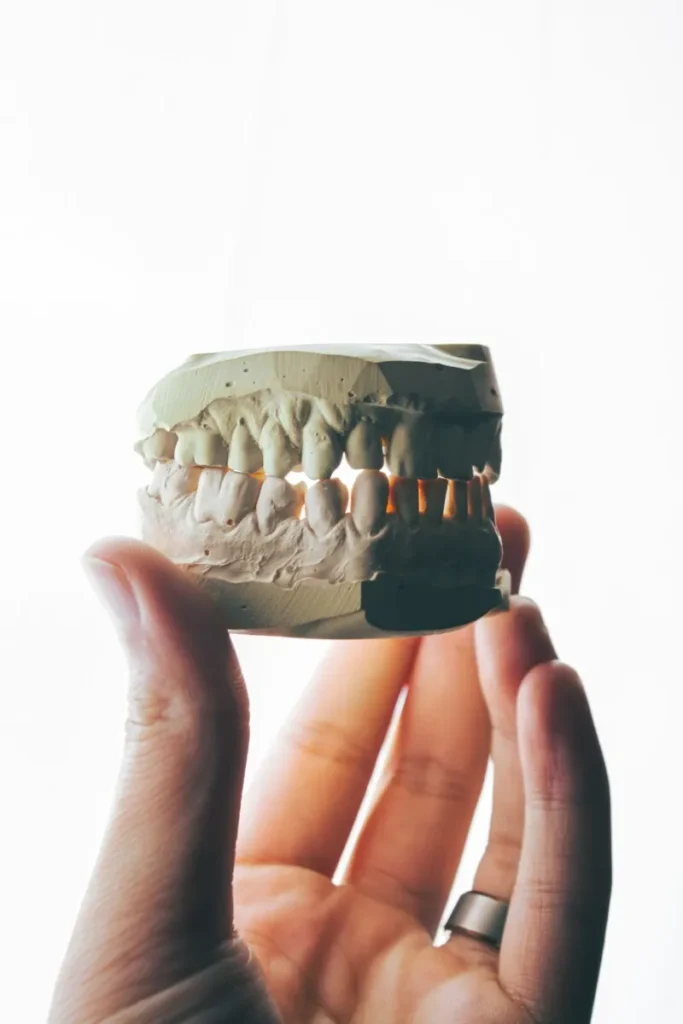Temporomandibular joint (TMJ) disorders can cause pain, discomfort, and dysfunction in the jaw, affecting your ability to chew, speak, and even sleep. As an osteopath, I recognise the importance of addressing these issues through a holistic approach. This article will explore the nature of TMJ disorders and discuss how osteopathic treatment can help alleviate symptoms and improve jaw function.
What is a TMJ Disorder?
The temporomandibular joint connects the lower jaw (mandible) to the skull’s temporal bone. It is responsible for smooth and coordinated jaw movement during chewing, speaking, and other activities. TMJ disorders encompass a range of conditions affecting the joints, muscles, and surrounding structures, leading to symptoms such as:
- Jaw pain or tenderness
- Limited range of motion
- Clicking or popping sounds during jaw movement
- Headaches and earaches
- Facial pain and discomfort
- Difficulty chewing
Osteopathic treatment aims to address the root cause of TMJ disorders, considering the interconnectedness of the body’s systems. Osteopaths can help alleviate symptoms and improve overall jaw function by employing various manual techniques. Some vital elements of osteopathic treatment for TMJ disorders include:
Manual Therapy
Manual therapy uses hands-on techniques to manipulate and mobilise the TMJ, surrounding muscles, and other structures. Soft tissue manipulation and myofascial release can help reduce muscle tension, improve joint mobility, and alleviate pain.
Joint Mobilisation and Manipulation
Osteopaths may utilise gentle joint mobilisation and manipulation techniques to address jaw or surrounding structures misalignments. These techniques can help restore proper joint function and alleviate pain associated with TMJ disorders.
Posture and Ergonomics
Poor posture can contribute to TMJ disorders by placing additional strain on the jaw and neck muscles. An osteopath can guide you on improving posture and making ergonomic adjustments to your daily activities, such as adjusting your workstation or sleep position.
Stress Management and Relaxation Techniques
Stress and tension in the facial muscles can exacerbate TMJ pain. An osteopath may recommend relaxation techniques, such as deep breathing, meditation, or mindfulness practices, to help manage stress and alleviate muscle tension.
Home Exercise and Self-Care
Osteopaths may also recommend specific exercises and self-care techniques to help maintain the benefits of treatment and prevent the recurrence of TMJ symptoms. These may include jaw exercises, heat or cold therapy, and self-massage techniques.
“treatment offers a holistic approach to managing TMJ disorders, addressing the symptoms and underlying causes”

The Benefits of Osteopathic Treatment for TMJ Disorders
Osteopathic treatment offers a holistic approach to managing TMJ disorders, addressing the symptoms and underlying causes of the condition. Some potential benefits of osteopathic treatment for TMJ disorders include:
Reduced pain and discomfort: Osteopathic techniques can help alleviate pain in the jaw, face, and surrounding areas, relieving individuals suffering from TMJ disorders.
Improved jaw function: By addressing the root causes of TMJ dysfunction, osteopathic treatment can improve jaw mobility, making it easier to chew, speak, and yawn without discomfort.
Decreased reliance on medications: Osteopathic treatment may help reduce the need for pain-relieving medications, which can have side effects and only provide temporary relief.
Prevention of future issues: By teaching patients about proper posture, ergonomics, and self-care techniques, osteopaths can help prevent the recurrence of TMJ-related symptoms and promote long-term well-being.
Conclusion
Osteopathic treatment offers a comprehensive and holistic approach to managing TMJ disorders, focusing on addressing the condition’s root causes and promoting overall musculoskeletal health. If you are experiencing TMJ-related pain or dysfunction, consider consulting with a healthcare professional, such as an osteopath, for personalised advice and guidance.
Remember that the effectiveness of osteopathic treatment for TMJ disorders may vary depending on the individual and the specific cause of the condition. Therefore, it is essential to consult with a qualified healthcare professional to determine the most appropriate treatment approach for your unique needs.
May 20th, 2023. Andrew Horide, Osteopath
